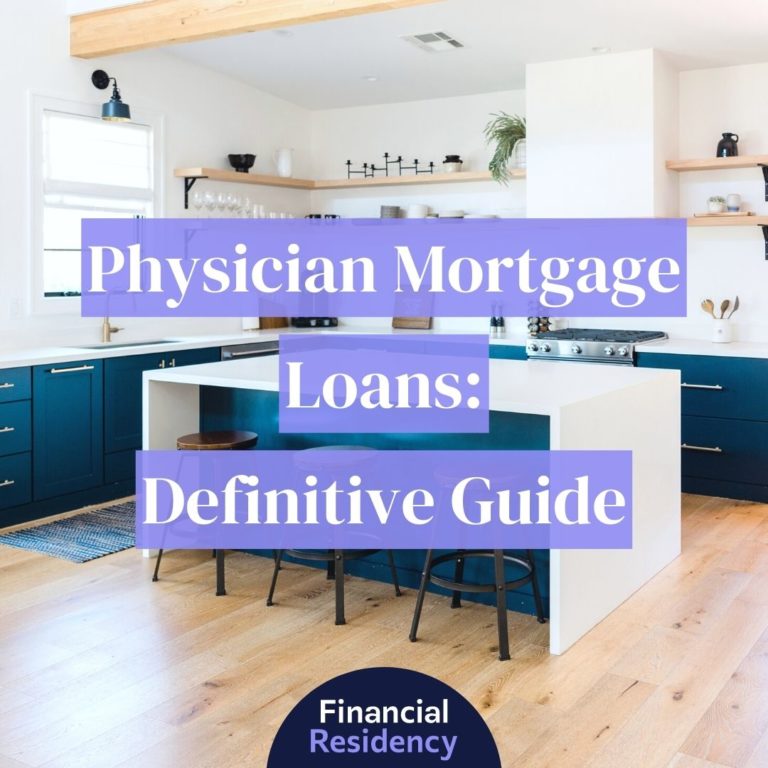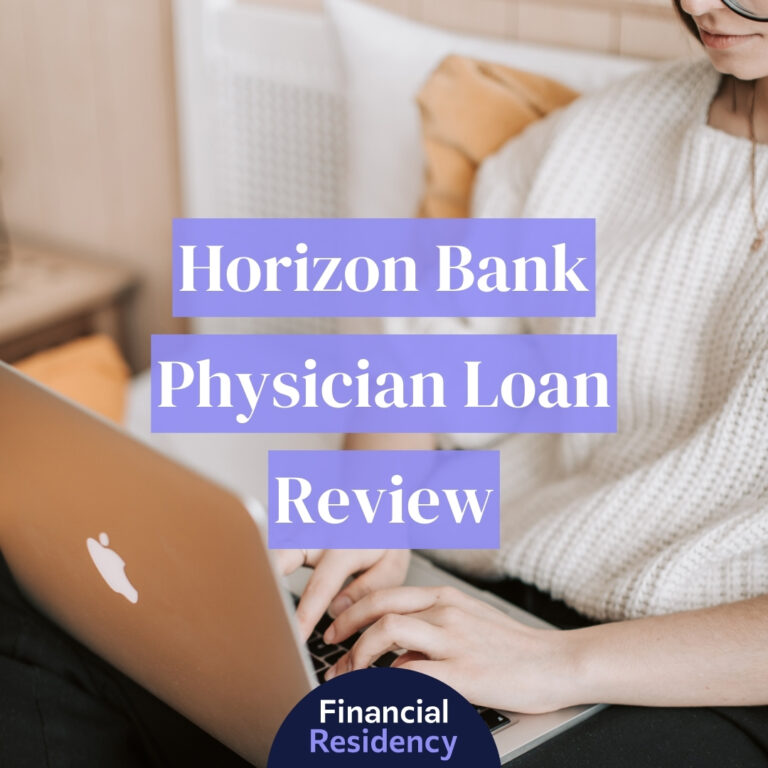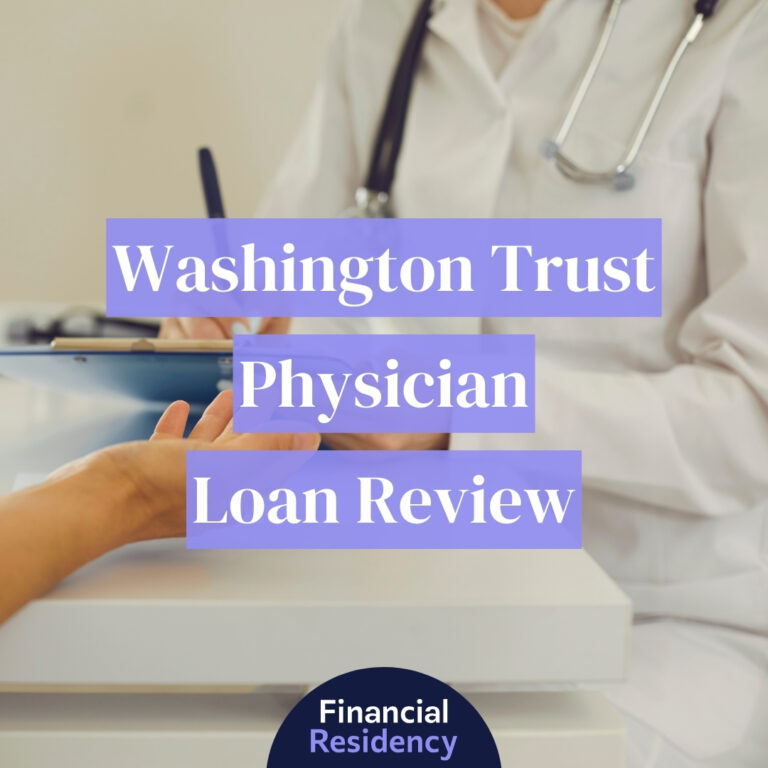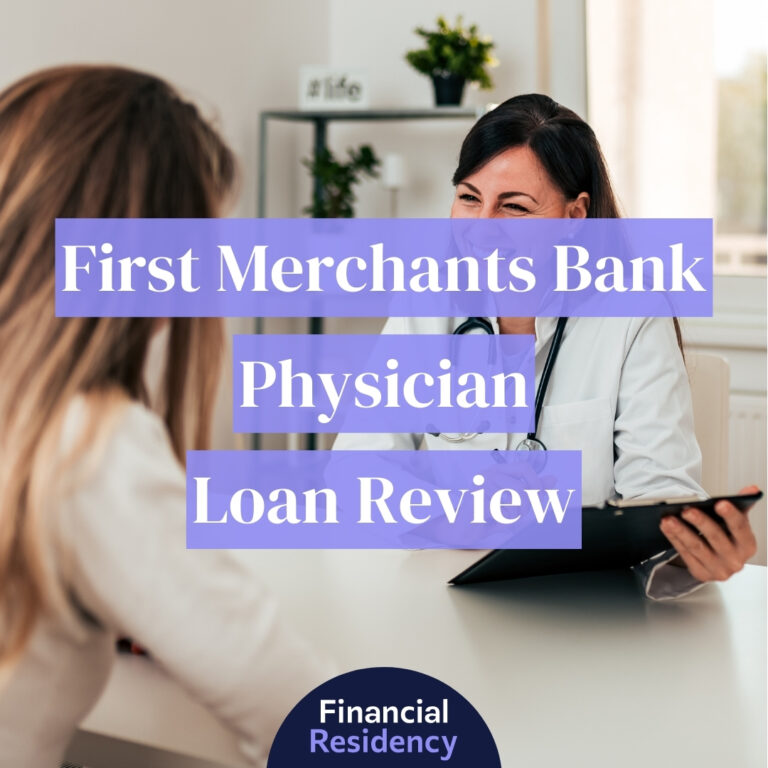Considering purchasing a home and wondering which is best, a VA loan vs Physician loan? You may be eligible for one or for both, or for neither.
Because there are benefits associated with both types of loans, be sure to read a bit further to learn if either of these common and competitive loan products is for you.
VA Loan vs Physician Loan: Definitions
What Is a VA Loan?
Veterans Administration (VA) loans were designed to ensure that a loan product was available for members of the military and their spouses. These loans are a way for the federal government to back the military financially and offer a path to homeownership even if the military member is disabled or does not have a traditional work history or credit history due to military service.
What is a Physician loan?
A physician loan is a type of loan product that some lenders have chosen to offer because of the benefits to both themselves and to physicians.
As mentioned previously, physicians are a good bet when it comes to lending money.
It is an odd fact of our finance industry that owing money often demonstrates that you are a good candidate to owe more money, provided you have a history of making timely payments to work down that debt.
As a physician, you will likely have no trouble finding a lender who specializes in working with
Much like a VA loan, a physician loan has certain benefits not available to the general public. The main difference between the two is that VA loans are a formalized product requiring documentation of military status or association, whereas a physician loan simply requires a letter of employment verification, just as any conventional loan would.
Physician loans allow working doctors to apply for mortgage loans without factoring in student loans. You will generally be able to make a low or no down payment and avoid PMI, just as with a VA mortgage. The main difference between the two is whether or not you have qualifying military status.
Discover The Best Lenders Answer just a few questions about your career, where you're buying, and how much you want to borrow. Our service will then show you the exact programs you're eligible for from vetted physician loan specialists who will guide you through every step of the process – obligation-free!
VA Loan vs Physician Loan: Qualifications
Who Qualifies For a VA Loan?
While it is ultimately up to the VA to determine eligibility for a mortgage under these terms, these are the general qualifying criteria. The applicant:
- Has served on active duty in any branch of the armed forces for a minimum of 90 consecutive days during wartime, or
- Must have served on active duty in any branch of the armed forces for a minimum of 181 days of active duty during peacetime, or
- Have served in any branch of the armed forces for more than six years of service in the national guard or reserves, or
- Is the spouse of a military member who died while on active duty or as the result of a service-connected disability, and who has not remarried.
To determine your eligibility, or to start the process to pre-qualify for a mortgage, you will reach out to the VA to obtain a certificate of eligibility. You do not need to have this certificate in hand to reach out to a lender, though. It helps to get the process going at the outset so that when it is time to need the certificate, you know it’s on its way.
Who Qualifies For a Physician Loan?
While physician loans are not a formalized, official product, if you are a physician, including a veterinarian or a dentist, you are generally eligible for a mortgage with specialized consideration given your very low risk of default.
Because of this low risk, lenders are not only willing to take a chance on you, there are often happy to work with physicians. They will look at your whole financial situation, and qualify you for the mortgage generally by excluding your student loans.
Learn More:
VA Loan vs Physician Loan: Benefits
Benefits of a VA Loan
1. No or low down payment
This is extremely helpful for someone who can afford to make monthly payments on a mortgage but who does not have the large lump sum of 20% of the purchase price of a home available to secure a traditional loan.
Of course, the downside of this is that the monthly payment will, of course, be larger than if a down payment was made because the homeowner must pay 100% of the purchase price of the home instead of the 80% that would remain after a down payment is paid. However, it can take many years to save up enough money for a down payment on a home, so having the ability to shop for a loan product without needing that lump sum up front can be the difference that someone needs between buying their home and having no choice but to continue renting.
2. No PMI
VA loans also do not require borrowers to carry primary mortgage insurance, known as PMI. This insurance is a fee that lenders typically charge borrowers who put down less than the standard 20% for a mortgage. The fee is essentially pure profit for the lender and is best avoided by the borrower if at all possible. The one-two benefit of a VA loan allowing you to borrow up to 100% of the purchase price of the home and not have to pay PMI is tremendous.
3. Flexibility
There is a level of flexibility with VA loans that is particularly notable. When you hold a VA mortgage loan, you still have access to use all of the equity in your home (once you build it up, of course) towards future lines of credit to finance renovations or purchase another home, if you wish.
4. No income requirement to qualify
A particular benefit of VA loans is that there is no income requirement to qualify for the loan. This is especially helpful if you are a resident and don’t have a very high salary yet.
You will, however, be expected to have stable, reliable income sufficient to cover your mortgage and other monthly expenses. This can vary for everyone. When you submit your application to the VA, they will calculate to see if you have enough left each month after paying your mortgage to cover typical monthly expenses.
You are welcome to use any lender you wish to provide a loan. Identify a few that serve your area (your financial advisor or realtor may have referrals for you), and inquire as to whether they are a VA-approved lender. You do not need to seek out a lender that only works with the military.
Benefits of a Physician Loan
1. No or low down payment
Buying a home with low or no money down is a tremendous benefit. This will allow you to get into a home much sooner than if you had to save up the tens of thousands of dollars you might otherwise need to make a down payment.
2. Avoid PMI
Just like VA mortgages, physician mortgages also allow you to avoid PMI. That insurance is otherwise a fee that benefits the lender and no one else, so it’s always best to avoid paying it if you can. Having the cost-savings combo of low down payment and avoiding PMI will result in great savings to you monthly as well as over the life of your loan. That extra money you save from not paying what is essentially a penalty because you don’t have the money together for a down payment means you will be more likely to be able to afford the home in the first place.
Any money you have over every month can go towards your student loans, retirement accounts, emergency fund, or anything else you wish, rather than towards lining the pockets of a lender to protect them from the possibility of your defaulting, when we already know that, statistically, you are not likely to default on your mortgage loan.
3. Strong credit history not required
Don’t worry about not having a long credit history, either. Most physicians don’t, given that you have spent many more years studying rather than working and so have had limited opportunities to work on building up good credit.
If you’re worried about your student loans giving lenders pause, don’t. Physician loans typically allow you qualify for the loan amount without taking your student loans into consideration.
VA Loans vs Physician Loans: Can I Qualify for Both?
Absolutely. It is entirely possible to be a veteran and a physician at the same time.
According to lender and physician loan specialist Doug Crouse,
VA rates typically run 1⁄4 to 1⁄2% lower than the physician loans.
So on the surface, it sounds as though, all things being equal, you may look toward the VA loan to serve your mortgage needs.
But, keep in mind that there are fees associated with mortgage loans. VA loans also “have an additional funding fee of 2.15 to 3.3% that can be added on to the loan,” said Crouse, which “makes the loans fairly equal in cost.”
Crouse continued:
“The exception being if the veteran has a 10% disability that is VA-related. Then the funding fee is waived, which makes the VA loan the better overall deal.”
The key is to know your options, talk to multiple lenders, and make the decision that is best for you. Every tenth of a point in fees here or there adds up quickly on a loan that runs into the hundreds of thousands.
Another difference between the two types of loans has to do with caps on how much you can borrow. In addition to requiring confirmed eligibility, VA loans will cap you at borrowing $484,350. If you wish to borrow more than that, you will need to “put down 25% of the excess,” explains Crouse, whereas, “most physician loans will allow you to borrow up to $750,000 with no money down.
Of course, each lender may have slightly different rules, so it’s best to check with them individually when you find someone you are interested in working with.”
One other key difference between VA loans and physician loans is whether or not you want a traditional mortgage or an adjustable-rate mortgage, known as an ARM. “Only about half of physician loans offer ARM loans,” explained Crouse, so be sure to ask about that specifically in terms of how the adjustable rate might benefit you.
If You’re Worried It’s Too Good To Be True, Don’t!
Lest you think that these terms are too good to be true, rest assured that VA mortgage loans and physician mortgage loans exist specifically to help individuals like yourself. The federal government and private lenders see opportunities to help the community as well as, quite simply, offer financial products that make good business sense and stimulate the economy. You have every reason to take advantage of these products.
To get started with applying for a physician mortgage loan, ask your realtor or a trusted friend or family member for referrals. Seek out a lender who specializes in working with physicians. Be sure to have a signed employment contract in hand. You will likely be able to qualify based on the letter, even if your start date isn’t for a few more months.
Enjoy being able to borrow the money needed to finance your home at a competitive interest rate, working with a loan professional who respects and understands what you do for a living and the challenges you face. Many people assume that physicians are wealthy given the high salaries that can be found with a quick internet search, but those same people making assumptions do not factor in the incredible amount of debt you had to take on to get your career started.
Yes, being a physician is a stable career field, and the salaries are high, but even someone earning a six-figure salary would do well to consult with professionals who can help you best look out for your financial health and help you make the right decisions to build a career, a life, and a home to call your own.




